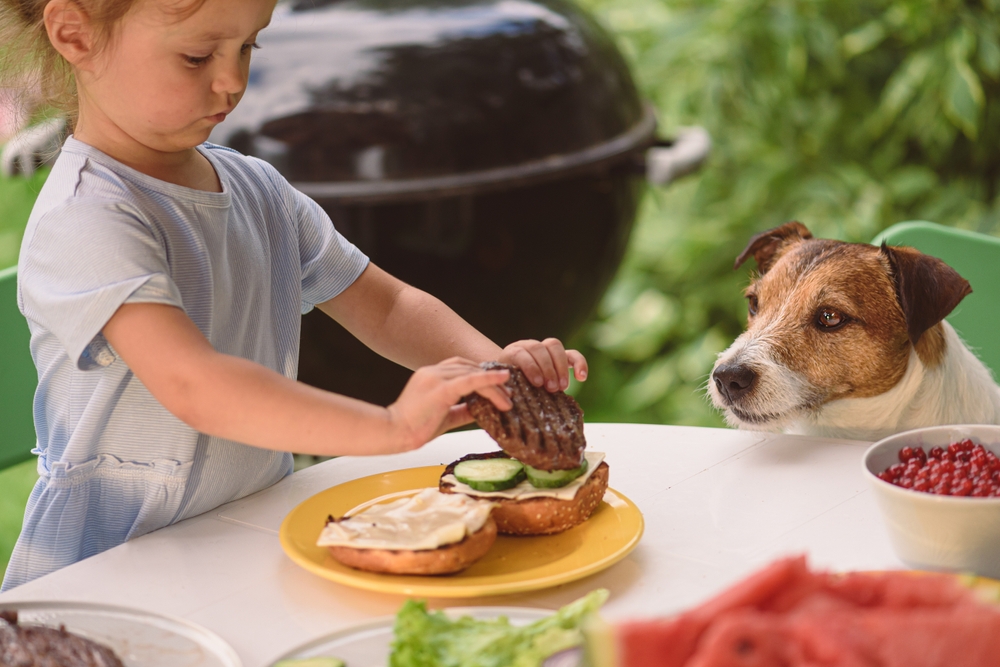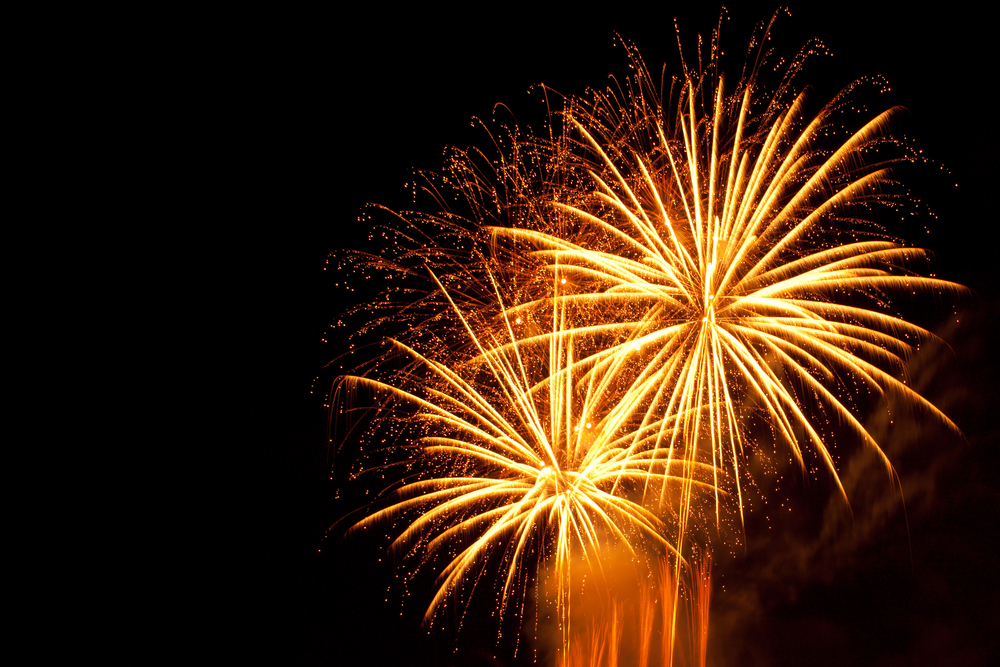July Fourth is the most festive seasonal highlight, marked by barbecues, parades, and fireworks. While these activities are exciting for people, they can be hazardous for pets. Responsible pet owners must be aware of the potential dangers and take steps to ensure their furry friend stays safe and stress-free. Here’s an in-depth look at the July Fourth dangers for pets and practical tips to ensure they are protected.
Firework frights for pets
Fireworks are one of the leading sources of distress for pets on Independence Day. They can be frightened by the explosive sounds of fireworks, which can lead to anxiety and panic, particularly in pets with general noise phobias. Additionally, used fireworks and their debris can be toxic and a risk to pets if ingested.
Hot hazards for pets
Heat and sun exposure are other common July Fourth dangers for pets that can last all summer. High temperatures, excessive humidity levels, and prolonged sun exposure can lead to heatstroke, which can be life-threatening. Pets can also burn their paw pads when they walk on hot pavement or sand, so be cautious about where you allow them to walk.
Delicious disasters for pets
Barbecue and picnic hazards are plentiful during July Fourth celebrations. Foods such as chocolate, onions, grapes, and certain artificial sweeteners (e.g., xylitol) are toxic to pets, while small amounts of alcohol can also endanger them. Furthermore, cooked bones and skewers can splinter, causing choking or internal injuries if ingested, and corn cobs and cob holders can lodge in or puncture the gastrointestinal (GI) tract.
Party problems for pets
Large crowds during celebrations can increase the risk of pets escaping, with guests frequently opening doors as they come and go and providing an easy opportunity for pets to run away. Unfamiliar people and loud environments can also cause significant stress and anxiety for pets, who are more likely to want to escape.
Decorations and party favors can also pose problems for your furry pal. Streamers, balloons, and glow sticks may be tempting play things for pets, but they can cause serious harm if swallowed. Additionally, lit candles and sparklers can cause burns or start a fire if knocked over by an excited pet.
July Fourth pet safety tips

Creating a safe space in your home is one of the best ways to protect your pet during the July Fourth celebrations. Designate a quiet, secure area where your four-legged friend can retreat from the noise and commotion, and include a plush bed, their favorite toys, and some calming background noise, such as soft music or a white noise machine, to help them feel more at ease.
Additional July Fourth safety tips to ensure your pet’s health and happiness include:
- Staying inside — Keep your pet indoors during peak firework times to reduce their exposure to loud noises and the risk they will run away in fear. An indoor environment also shields them from other outdoor hazards like heat and unfamiliar crowds.
- Updating information — Ensure your pet has a collar with an updated identification tag and a microchip to increase the chance of a safe return if they do escape.
- Monitoring comfort — If your pet needs to go outside, supervise them closely and ensure they have access to shade and fresh water to prevent overheating.
- Not sharing — Avoid sharing any dishes from your cookout, as most entrees and side items contain dangerous ingredients for pets. Inform guests about the dangers of feeding pets table scraps and ensure trash bins are securely closed to avoid any potential hazards from discarded food or wrappers.
- Using pet-friendly products — If your pet requires insect repellents or sunscreen, apply a pet-friendly product and not a human formulation, which likely contains ingredients toxic to your pet.
If your pet has severe noise anxiety and will probably panic during July Fourth fireworks, contact our Southern Kern Veterinary Clinic team for a consultation. We can discuss anxiety-reducing products and medications to help ease your furry friend’s fear.

